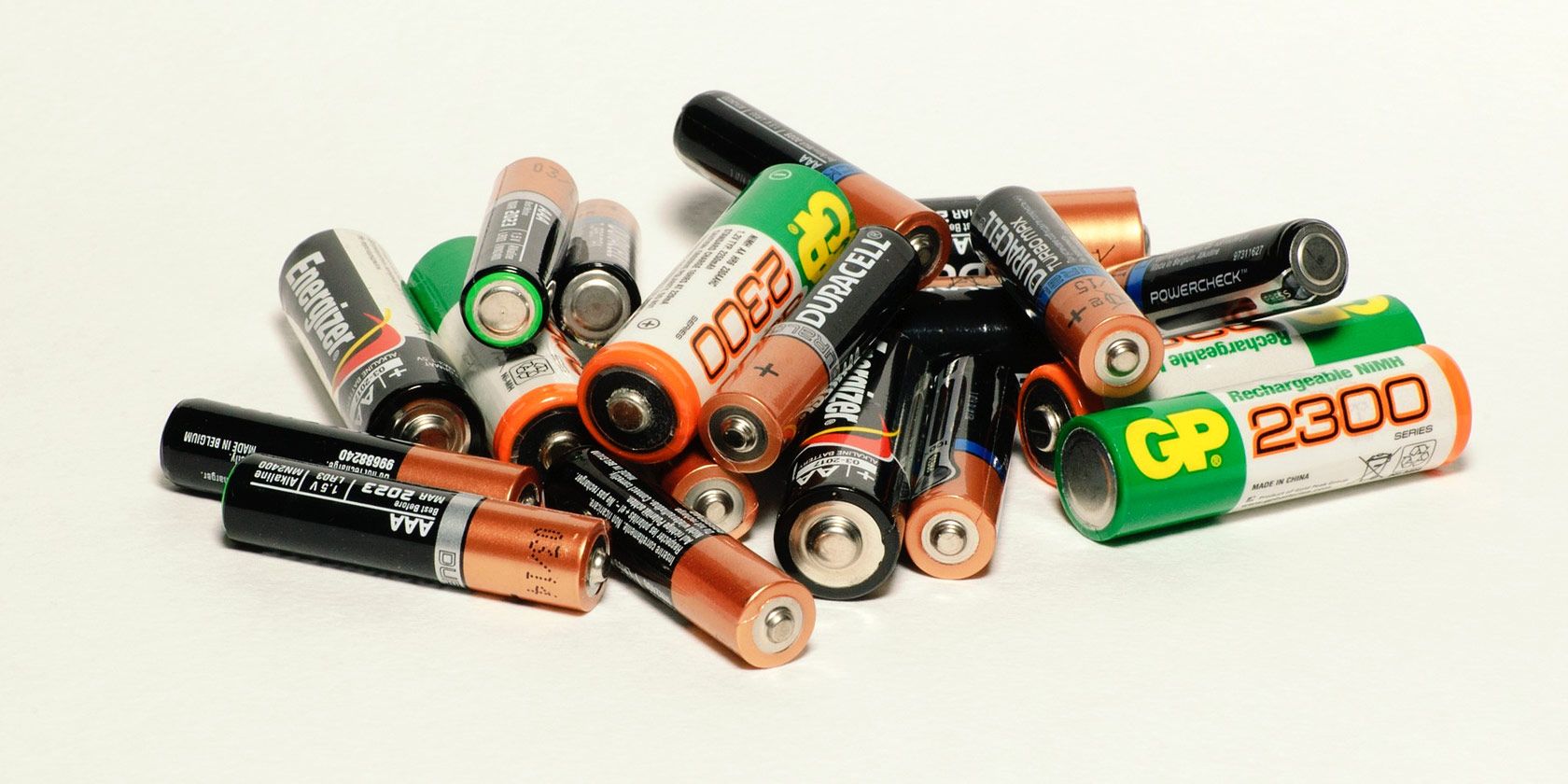Why Do Rechargeable Batteries Lose Their Charge

A worn or loose drive belt or a weak belt.
Why do rechargeable batteries lose their charge. Overcharge and trickle charge of LiBs. They have identified two main culprits in batterys charge degradation. Rechargeable batteries lose a percentage of their charge each day when left off the charger.
From their very first charge batteries are fighting a losing battle with their own. Certain electronic equipment such as cameras provide an option to discharge your battery completely. A high-end lithium-polymer battery can lose about 20 percent of its capacity after 1000 charge cycles.
DO remember to recharge your battery a few hours before you want to use it. Answered 1 year ago Author has 69K answers and 59M answer views. Lithium ions are forced between the carbon sheets when the battery is charged and come back out again when.
Dirty contact points are a primary source of charging challenges. Scientists at the US. Batteries have an internal resistance between the anode and cathode inside the battery so the battery will spontaneously discharge even if you never connect it to anything.
35 Years as an electrical engineer. Rechargeable batteries eventually die due to a breakdown in the chemical flow of charged ions. Department of Energy found microscopic vulnerabilities in the structure of batteries are to blame for degradation.
Rechargeable batteries lose charge when not in use as they tend to require regular recharging to maintain the flow of ions between the positive and negative terminals. Discharge your rechargeable batteries completely so the fix for your dead rechargeable battery works on the entire battery charge memory 1. The anodes and cathodes that send and receive charged ions wear out over time resulting in degraded ion flow and inefficient battery life.


















